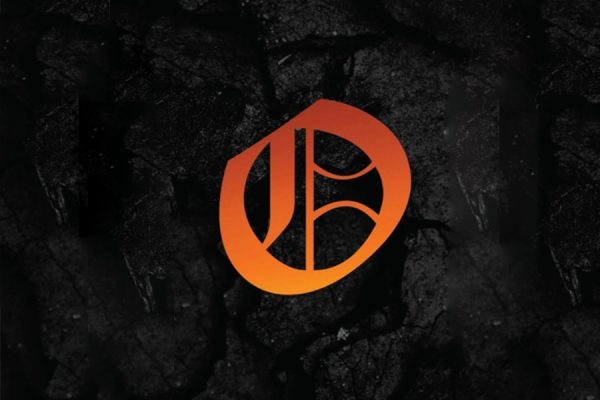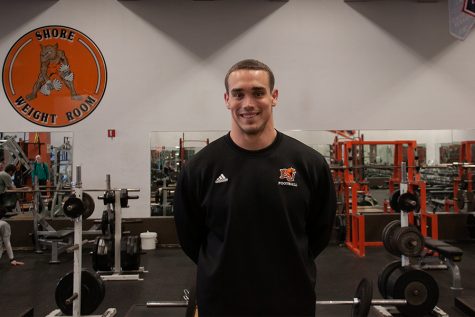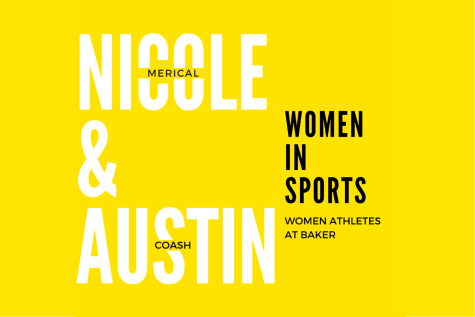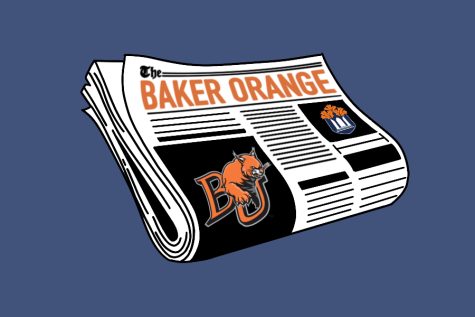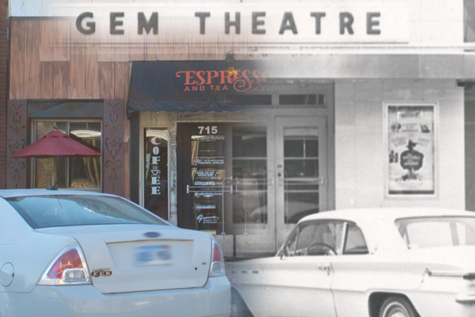U.S. News rankings should go beyond the numbers
We would be naïve to believe most of the studies and statistics we see on a daily basis. Anyone can manipulate the numbers.
I have always wondered about certain numbers with Baker University. Recently home page of the university website announced “Baker University Ranked #1 In Midwest for Sixth Consecutive Year.” This is based on the U.S. News Best Colleges.
Yes, I do have a lot of school pride. I do believe that Baker University is the best place to be in the entire world. However, I also have some doubts. How is Baker ranked above schools like KU and K-State, where they dissect actual cadavers in their anatomy labs and have the funding to bring political figures onto campus? What even goes into determining the “best” school in Kansas? Is it based on academics? Social life?
There are obviously a lot of unanswered questions.
First of all, Baker’s official No. 1 ranking is as the highest ranked Kansas University in the Midwest Regional University category. We are 36th overall among Midwest universities. So, yes, we are number one in the state of Kansas for this category. Yet, in the Midwest alone, there are 35 schools ahead of us.
The Midwest Regional University category does not include schools like KU or K-State. They are judged on a national scale. Also, the Midwest Regional University category does not include schools like Benedictine, which are judged in a “colleges” group.
Since we are not included in a ranking category with other schools we compare ourselves to, it makes the ranking mean less to me. Without Benedictine, KU or K-State in the same category, I’m not sure whom we are being comparing ourselves against or what we are “better” than.
U.S. News ranks schools using two pillars. The first is something called the “Carnegie Classification System.” This method is determined by higher education researchers to divide schools into different categories based on their mission statement. So this is what separates Baker into a different category than Benedictine, KU, and K-State.
Once the schools are divided by category, U.S. News uses 16 indicators of academic excellence. The website does not give away these indicators specifically. Researchers also use two years of school historical data to make sure there is steadiness in the rankings.
U.S. News also gives each school a score out of 100. In theory these scores could be used to compare schools in different categories just to see overall strength. For instance, Benedictine scored a 74 out of 100, while Baker tapped in at just 53.
The score is determined by retention percentage, faculty statistics (salary, student-to-faculty ratio, proportion of professors with highest degree available in field), student selectivity (ACT scores of students and ratio of students admitted to applied), financial resources, graduation rate and alumni giving.
Now after seeing the way the score is broken down, it is easy to say that this is a reasonable way to rank schools. I beg to differ. Like I said before, I do believe Baker is an incredible place to be. I would argue we may be better than 35 other top universities in the Midwest.
Our score may have been swayed due to lower faculty salary, lower financial resources, and less selectivity. Yet are those categories to judge an entire University? Do those determine student happiness, work ethic, campus involvement or leadership? The answer to all of these questions is, of course, no.
I don’t know about others, but I would never trade the sound of Baker bagpipes, rowdy soccer cheers, grapevine stories, alumni who have become NFL coaches/mayors/CEOs for any other college experience. There is something special about Baker. This place is more than just the numbers.



